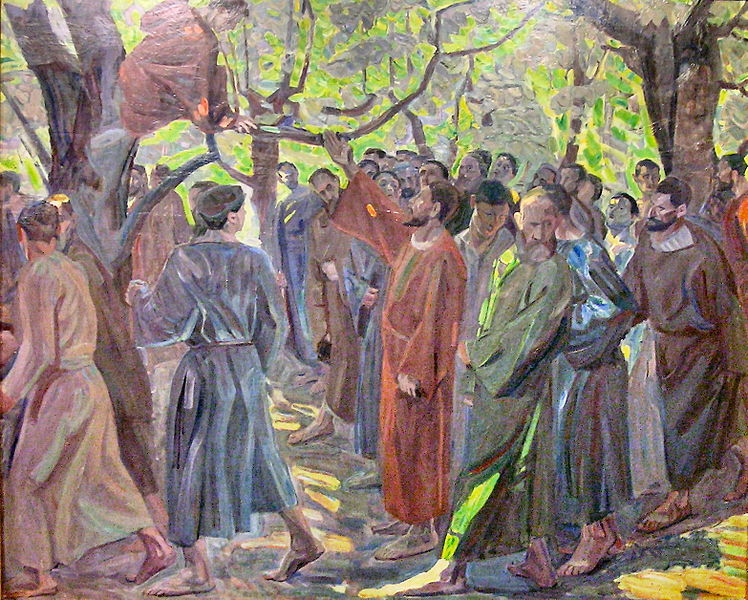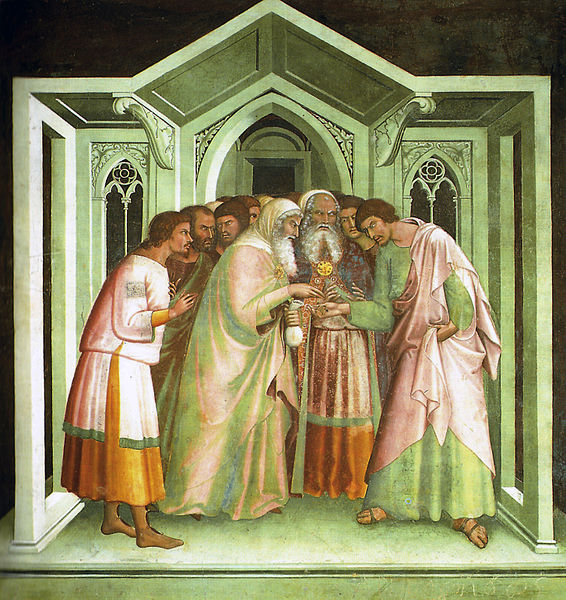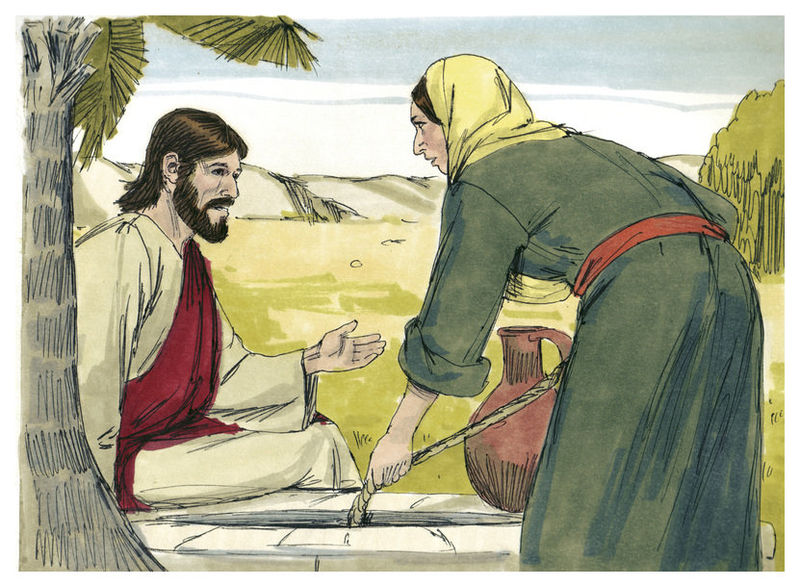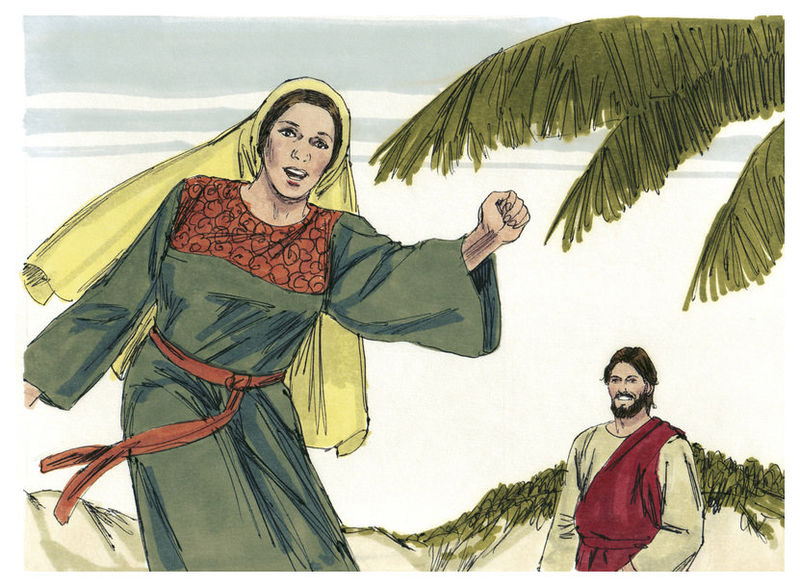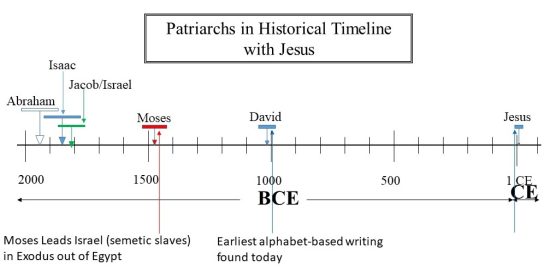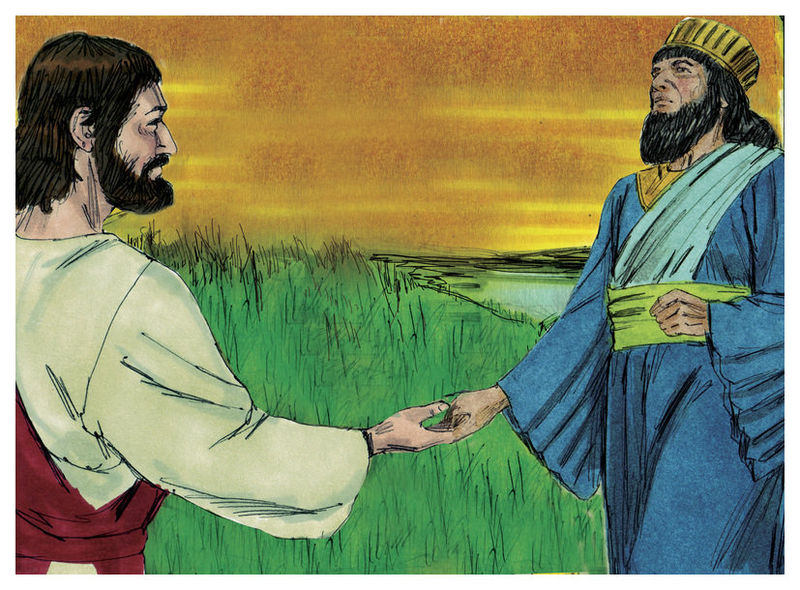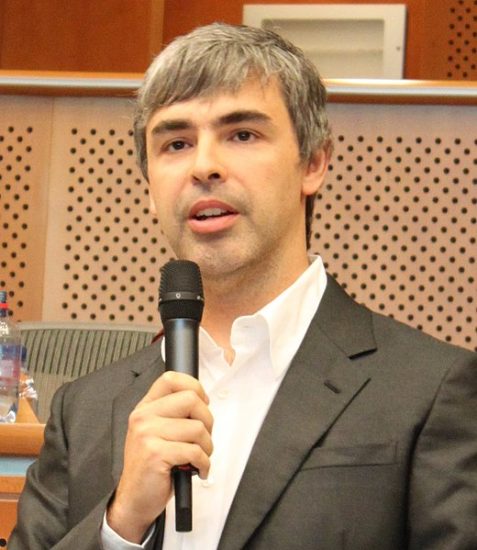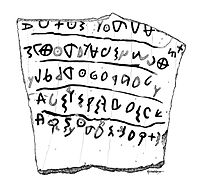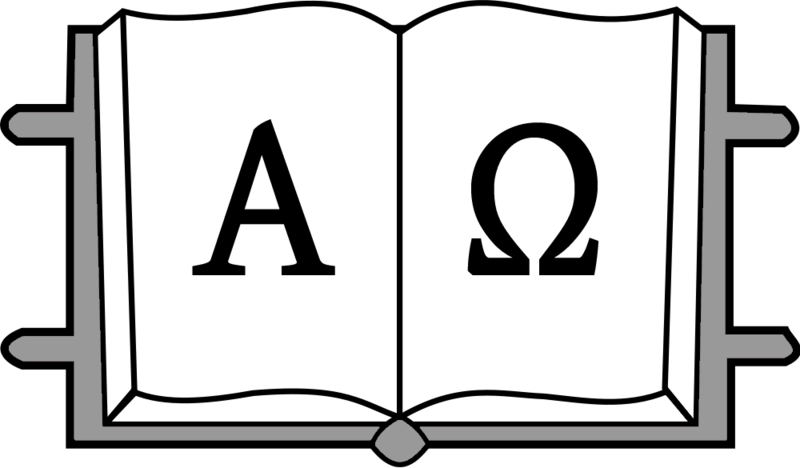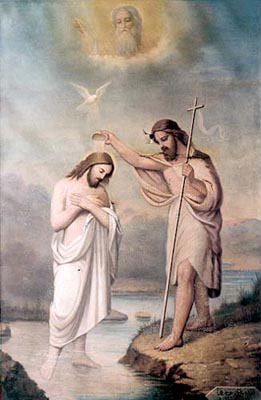
Stan Lee (1922-2018) became world-renowned through the Marvel Comics Superheroes that he created. Born and raised in a Manhattan Jewish household, in his youth, he was influenced by action heroes of his day. Stan Lee worked with fellow Jewish talents Jack Kirby (1917-1994) and Joe Simon (1913-2011). These three men created most of the superhero characters. Those whose exploits, power, and costumes so easily come to our minds from subsequent blockbuster movies. Spiderman, X-Men, The Avengers, Thor, Captain America, the Eternals, Fantastic Four, Iron Man, The Hulk, Ant-Man, Black Panther, Dr. Strange, and Black Widow: they all originated from the minds and sketches of these three brilliant comic book artists.
We have all seen these Marvel Studio movies. These superheroes all have extra-special abilities and confront villains also possessing special powers, resulting in spectacular and vivid conflicts. The superhero, through perseverance, power, skill, luck, and teamwork, finds some way to defeat the villain. And more often than not, save the earth and its inhabitants in the process. In short, in the Marvel universe created by Stan Lee, Jack Kirby, and Joe Simon, the superhero has a mission to undertake, an enemy to defeat, and people to save.
We have been looking at the person of Jesus through his Jewish lens. We are seeking to understand him in the context of contributions that Jews have made to the world. Many may not realize it, but the suite of Marvel Superheroes that we enjoy today is another contribution that Jews have made to mankind. Their superhero themes of missions and villains resonate so naturally with our human spirit. It also raises questions about the mission of this real-world Jewish person of Jesus.
What was Jesus’ mission? What villain did he come to defeat?
Jesus taught, healed, and performed many miracles. But the question still remained in the minds of his disciples, his followers, and even his enemies.
Why had he come?
Many of the previous prophets, including the Moses, also performed powerful miracles. Moses had already given the law, and Jesus himself said he “had not come to abolish the law”. So what was his mission?
We see it in how he helps his friend Lazarus. What he did carries relevance for you and me living today.
Jesus and Lazarus
Jesus’ friend Lazarus became very sick. His disciples expected that he would heal his friend, as he healed many others. But Jesus purposely did not heal his friend so his wider mission could be understood. The Gospel records it like this:
Now a man named Lazarus was sick. He was from Bethany, the village of Mary and her sister Martha. 2 (This Mary, whose brother Lazarus now lay sick, was the same one who poured perfume on the Lord and wiped his feet with her hair.) 3 So the sisters sent word to Jesus, “Lord, the one you love is sick.”
4 When he heard this, Jesus said, “This sickness will not end in death. No, it is for God’s glory so that God’s Son may be glorified through it.” 5 Now Jesus loved Martha and her sister and Lazarus. 6 So when he heard that Lazarus was sick, he stayed where he was two more days, 7 and then he said to his disciples, “Let us go back to Judea.”
8 “But Rabbi,” they said, “a short while ago the Jews there tried to stone you, and yet you are going back?”
9 Jesus answered, “Are there not twelve hours of daylight? Anyone who walks in the daytime will not stumble, for they see by this world’s light. 10 It is when a person walks at night that they stumble, for they have no light.”
11 After he had said this, he went on to tell them, “Our friend Lazarus has fallen asleep; but I am going there to wake him up.”
12 His disciples replied, “Lord, if he sleeps, he will get better.” 13 Jesus had been speaking of his death, but his disciples thought he meant natural sleep.
14 So then he told them plainly, “Lazarus is dead, 15 and for your sake I am glad I was not there, so that you may believe. But let us go to him.”
16 Then Thomas (also known as Didymus[a]) said to the rest of the disciples, “Let us also go, that we may die with him.”
Jesus Comforts the Sisters of Lazarus
17 On his arrival, Jesus found that Lazarus had already been in the tomb for four days. 18 Now Bethany was less than two miles[b] from Jerusalem, 19 and many Jews had come to Martha and Mary to comfort them in the loss of their brother. 20 When Martha heard that Jesus was coming, she went out to meet him, but Mary stayed at home.

Distant Shores Media/Sweet Publishing, CC BY-SA 3.0, via Wikimedia Commons
21 “Lord,” Martha said to Jesus, “if you had been here, my brother would not have died. 22 But I know that even now God will give you whatever you ask.”
23 Jesus said to her, “Your brother will rise again.”
24 Martha answered, “I know he will rise again in the resurrection at the last day.”
25 Jesus said to her, “I am the resurrection and the life. The one who believes in me will live, even though they die; 26 and whoever lives by believing in me will never die. Do you believe this?”
27 “Yes, Lord,” she replied, “I believe that you are the Messiah, the Son of God, who is to come into the world.”
28 After she had said this, she went back and called her sister Mary aside. “The Teacher is here,” she said, “and is asking for you.” 29 When Mary heard this, she got up quickly and went to him. 30 Now Jesus had not yet entered the village, but was still at the place where Martha had met him. 31 When the Jews who had been with Mary in the house, comforting her, noticed how quickly she got up and went out, they followed her, supposing she was going to the tomb to mourn there.
32 When Mary reached the place where Jesus was and saw him, she fell at his feet and said, “Lord, if you had been here, my brother would not have died.”
33 When Jesus saw her weeping, and the Jews who had come along with her also weeping, he was deeply moved in spirit and troubled. 34 “Where have you laid him?” he asked.
“Come and see, Lord,” they replied.
35 Jesus wept.
36 Then the Jews said, “See how he loved him!”
37 But some of them said, “Could not he who opened the eyes of the blind man have kept this man from dying?”
Jesus Raises Lazarus From the Dead
38 Jesus, once more deeply moved, came to the tomb. It was a cave with a stone laid across the entrance. 39 “Take away the stone,” he said.
“But, Lord,” said Martha, the sister of the dead man, “by this time there is a bad odor, for he has been there four days.”
40 Then Jesus said, “Did I not tell you that if you believe, you will see the glory of God?”
41 So they took away the stone. Then Jesus looked up and said, “Father, I thank you that you have heard me. 42 I knew that you always hear me, but I said this for the benefit of the people standing here, that they may believe that you sent me.”
43 When he had said this, Jesus called in a loud voice, “Lazarus, come out!” 44 The dead man came out, his hands and feet wrapped with strips of linen, and a cloth around his face.
Jesus said to them, “Take off the grave clothes and let him go.”
John 11: 1-44

James Tissot, PD-US-expired, via Wikimedia Commons
Confronting Death
The sisters hoped that Jesus would come quickly to heal their brother. But Jesus delayed his trip on purpose allowing Lazarus to die, and no one could understand why. But this account allows us to see into his heart and we read that he was angry.
Who was he angry with? The sisters? The crowd? The disciples? Lazarus?
No, he was angry at death itself. Also, this is one of only two times where it is recorded that Jesus wept. Why did he weep? It is because he saw his friend held by death. Death stirred anger as well as sorrow in him.
Death – the Ultimate Villain
Healing people of sicknesses, good as that is, only postpones their death. Healed or not, death eventually takes everyone, whether good or bad, man or woman, old or young, religious or not. This has been true since Adam, who had become mortal because of his disobedience. All his descendants, you and me included, are held by hostage by an enemy – Death.
Against death, we feel that there is no answer, no hope. When someone is only sick hope remains, which is why the sisters of Lazarus had hope in healing. But with death, they felt no hope. This is true for us also. In the hospital, there is some hope but at the funeral there is none. Death is our final enemy. This was the Enemy Jesus came to defeat for us. This was why he declared to the sisters that:
“I am the resurrection and the life.”
John 11:25
Jesus had come to destroy death and give life to all who wanted it. He showed his authority for this mission by publicly raising Lazarus from death. He offers to do the same for all others who would want life over death.
Greater than the Superheroes
Think of it! Jesus fought an adversary that even Stan Lee, with his brilliant and wide-ranging imagination, could not envision pitting his superheroes against. A number of them, despite their powers, succumb to death. Odin, Iron Man, Captain America, and some of The Eternals, were not just defeated by villains, but also held captive to death.
The audacity of Jesus as presented in the Gospels is this: Without any special strength, agility, technology, or exotic weapons, the gospel writers present him calmly confronting death itself, simply by speaking.
That Stan Lee did not attempt some such superhero plot shows that the Gospel did not originate from human resourcefulness. Even the most imaginative of us cannot visualize a successful confrontation with this enemy. Death reigns supreme even over the superheroes of the Marvel Universe. It would seem implausible then that the gospel writers, without the opportunities to expand their imaginations like Stan Lee and we have, would have been able to conjure up such an exploit simply in their minds.
Responses to Jesus
Though death is our final enemy, many of us contend with smaller ‘enemies’. These come from issues (political, religious, ethnic etc.) going on around us. This was true in Jesus’ time also. From their responses we can see what their main concerns were. The Gospel account records the different reactions.
Therefore many of the Jews who had come to visit Mary, and had seen what Jesus did, believed in him. 46 But some of them went to the Pharisees and told them what Jesus had done. 47 Then the chief priests and the Pharisees called a meeting of the Sanhedrin.
“What are we accomplishing?” they asked. “Here is this man performing many signs. 48 If we let him go on like this, everyone will believe in him, and then the Romans will come and take away both our temple and our nation.”
49 Then one of them, named Caiaphas, who was high priest that year, spoke up, “You know nothing at all! 50 You do not realize that it is better for you that one man die for the people than that the whole nation perish.”

51 He did not say this on his own, but as high priest that year he prophesied that Jesus would die for the Jewish nation, 52 and not only for that nation but also for the scattered children of God, to bring them together and make them one. 53 So from that day on they plotted to take his life.
54 Therefore Jesus no longer moved about publicly among the people of Judea. Instead he withdrew to a region near the wilderness, to a village called Ephraim, where he stayed with his disciples.
55 When it was almost time for the Jewish Passover, many went up from the country to Jerusalem for their ceremonial cleansing before the Passover. 56 They kept looking for Jesus, and as they stood in the temple courts they asked one another, “What do you think? Isn’t he coming to the festival at all?” 57 But the chief priests and the Pharisees had given orders that anyone who found out where Jesus was should report it so that they might arrest him.
John 11:45-57
The Drama continues escalating
So the tension rose. Jesus declared that he was ‘life’ and ‘resurrection’ and would defeat death itself. The leaders responded by plotting to put him to death. Many of the people believed him, but many others did not know what to believe.
We should ask ourselves if we witnessed the raising of Lazarus what we would choose to do. Would we be like the Pharisees, focused on something else, missing the offer of life from death? Or would we ‘believe’, putting our hope in his offer of resurrection? Even if we did not understand it all? The different responses that the Gospel records back then are the same responses to his offer that we make today.
These controversies grew as the Passover approached – the very same festival that the Moses inaugurated 1500 years earlier. The Jesus story continues by showing how he, in a manner steeped in unsurpassed drama, took this encounter with Death a big step further. This step reaches out to you and me and Death’s hold over us.
He did this in the last week of his life, with bizarre actions that would even shake Dr Strange’s head. We look at the last week of his life day-by-day, learning the remarkable timing of his entry into Jerusalem.




